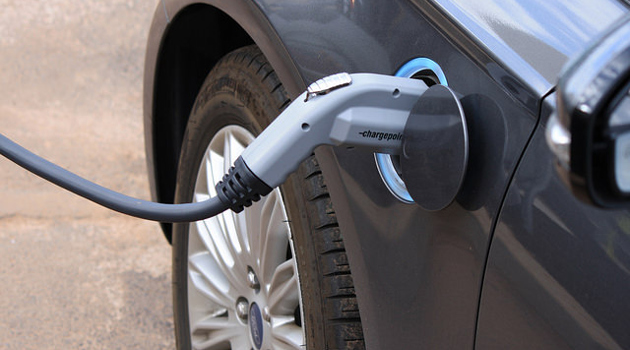Originally published by The Western Journal on December 19, 2018.
Republicans were forced to pull their first proposed year-end tax bill last week due to a lack of votes, in part because many members who lost their reelection bids weren’t in town.
H.R. 88 included improvements to retirement savings, some technical fixes to the Tax Cuts and Jobs Act, and a heap of cronyism.
The cronyism comes courtesy of what’s known as “tax extenders” — expired tax provisions that get endlessly extended and renewed every year or two, sometimes retroactively.
Everyone outwardly agrees that this irresponsible practice is simply no way to run a government, but then never does anything about it.
A new version of the tax bill no longer includes the crony handouts, but that doesn’t mean they’re gone for good.
If fiscal conservatives let up on the pressure for even a moment, they’ll slip the handouts into a “must-pass” spending bill to fund the government.
House Ways and Means Chairman Kevin Brady, R-Texas, has long opposed the practice and stated that he prefers applying a “rigorous test” to determine whether each provision should be made permanent or let die for good. But his vision has not fully caught on, especially in the Senate.
And so the first tax bill proposed again extending almost every provision, including the sorts of special interest handouts, primarily for green energy, that would never survive that level of scrutiny.
Over the years, the list of extenders has dwindled. In 2015, the PATH Act made 22 such provisions permanent additions to the tax code. Many others that served a useful purpose, such as cost recovery provisions that encourage business investment, were at least temporarily rendered moot by TCJA’s adoption of full business expensing for five years.
A few such growth-related measures remain, but more than half are simply tax credits to subsidize particular economic activities, most of which are green energy-related.
There’s at least some good news. The current phaseout of the electric vehicle tax credit was not included by the bill, despite fears that a bipartisan effort to expand the corporate handout would succeed in getting it included. But there’s still a strong push by proponents to extend that tax credit well into the future.
That would be a serious mistake.
Little would better demonstrate that the D.C. swamp is not only alive and well but actually thriving than keeping the electric vehicle handout alive. Put simply, the tax credit distorts the automotive market, transfers tax dollars to primarily wealthier consumers and does little, if anything, for the environment.
There’s a unique opportunity right now to end a major corporate handout, and all it will take is for Congress to do nothing.
With the credit set to expire for many manufacturers soon as they reach the 200,000-vehicle sales cutoff, a failed experiment in market manipulation can come to an easy close, which is rarely the case for bad policy in Washington.
Even better would be to allow the rest of the crony handouts — like credits for energy efficient buildings, Indian coal facilities and biofuel producers — to die a quiet death by preventing their inclusion in the upcoming government funding bill.
Republicans can’t undo the recent election results, but if they want to avoid more major electoral defeats in the future, they might consider finally demonstrating a level of seriousness regarding our national finances, as well as their stated conservative principles.
———
Image credit: Noya Fields | CC BY-SA 2.0.

